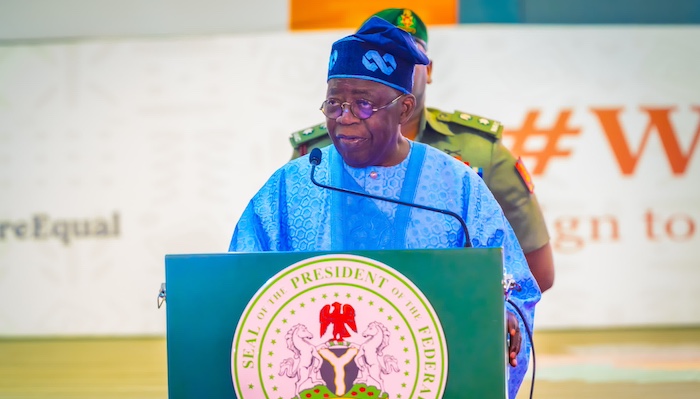The federal government of Nigeria has initiated a comprehensive economic stimulus package designed to significantly improve the livelihoods of over 8.8 million citizens across the nation’s 8,809 electoral wards. This ambitious intervention underscores a strategic commitment to fostering widespread economic empowerment at the grassroots level.
Central to this initiative is the newly endorsed Renewed Hope Ward Development Programme (RHWDP), a pioneering strategy approved by the National Economic Council. The program’s core objective is to actualize double-digit economic growth through direct interventions within Nigeria’s smallest administrative units across all 36 states, ensuring that development reaches the most remote communities.
Anchored firmly on President Bola Tinubu’s “Renewed Hope Agenda,” the RHWDP is a critical step towards achieving the audacious goal of a $1 trillion economy by 2030, a target that necessitates a substantial increase from the current growth rate of under 4 percent. This strategic alignment highlights the administration’s resolve to accelerate national economic transformation.
The program establishes key targets, aiming to sustainably support economic activities by identifying at least 1,000 economically active individuals in smaller wards and 2,000 in larger ones. Oversight of this expansive implementation will be managed by a National Steering Committee, comprising representatives from all six geopolitical zones, with the Ministry of Budget and Economic Planning serving as the secretariat.
Minister of Budget and Economic Planning, Atiku Bagudu, articulated the rationale, emphasizing the administration’s focus on drilling development down to the lowest levels following macroeconomic stabilization. This ward-based approach is envisioned to stimulate economic activity, thereby generating employment, reducing poverty, enhancing food security, and strengthening social protection across the country.
Described as a “Federation project,” the initiative underscores a collaborative framework between federal, state, and local governments, funded by increased revenues accruing to the Federation Account. This collaborative spirit aims to leverage national resources to boost economic activity in every ward, aligning with the president’s belief in cooperative federalism.
Imo State Governor Hope Uzodimma underscored the program’s design to decentralize development, empower local communities, promote entrepreneurship, and create jobs directly within local economies. He noted that while government revenue has improved, the true measure of success lies in delivering measurable impact to communities nationwide, an objective the RHWDP seeks to achieve by ensuring funds trickle down to the grassroots.
President Tinubu implored state governors to intensify efforts in positively impacting the lives of Nigerians in rural areas, urging a united front with the federal government to drive comprehensive rural economic development. The program also received encouragement from the International Monetary Fund (IMF) in its recent Article IV consultation, validating Nigeria’s chosen path towards poverty reduction and food security through collaborative investment.






Leave a Reply